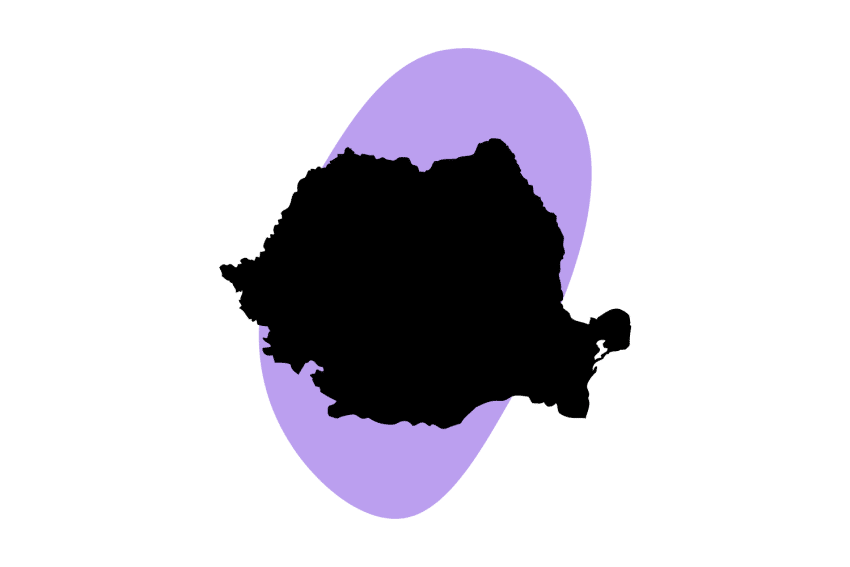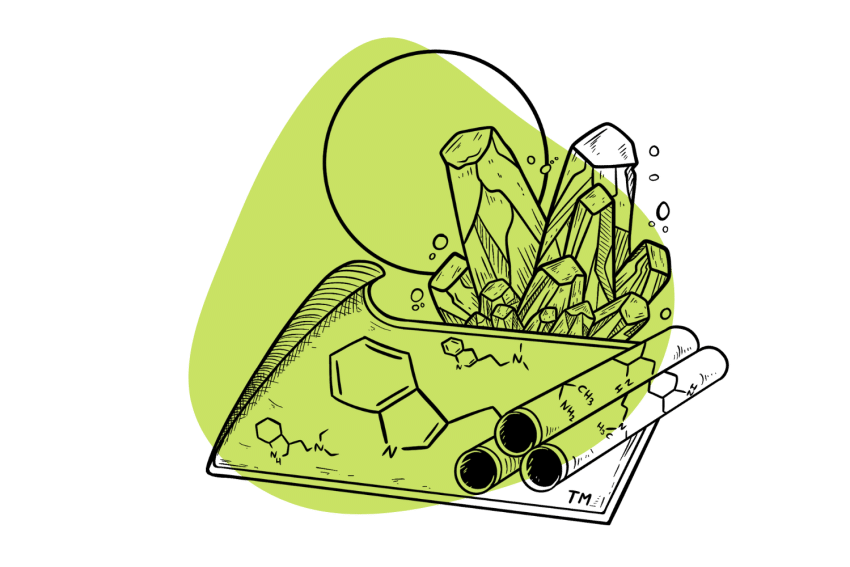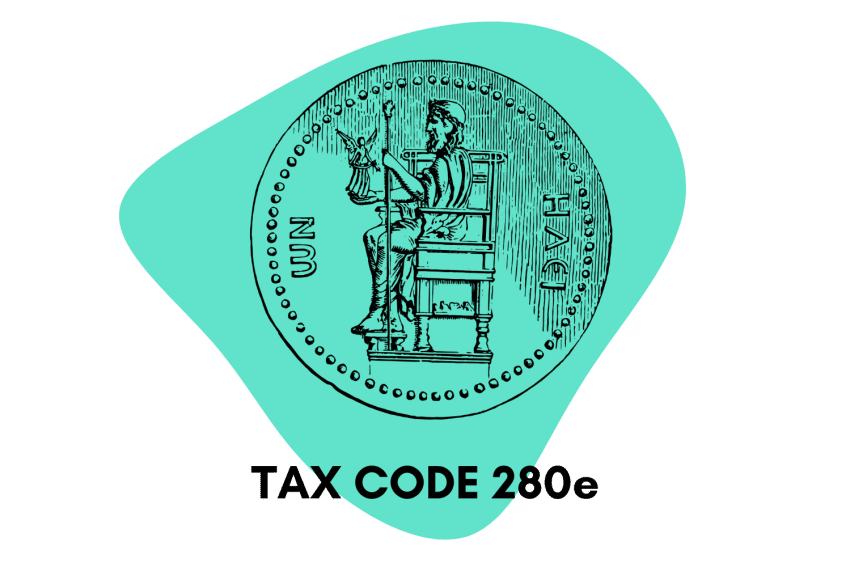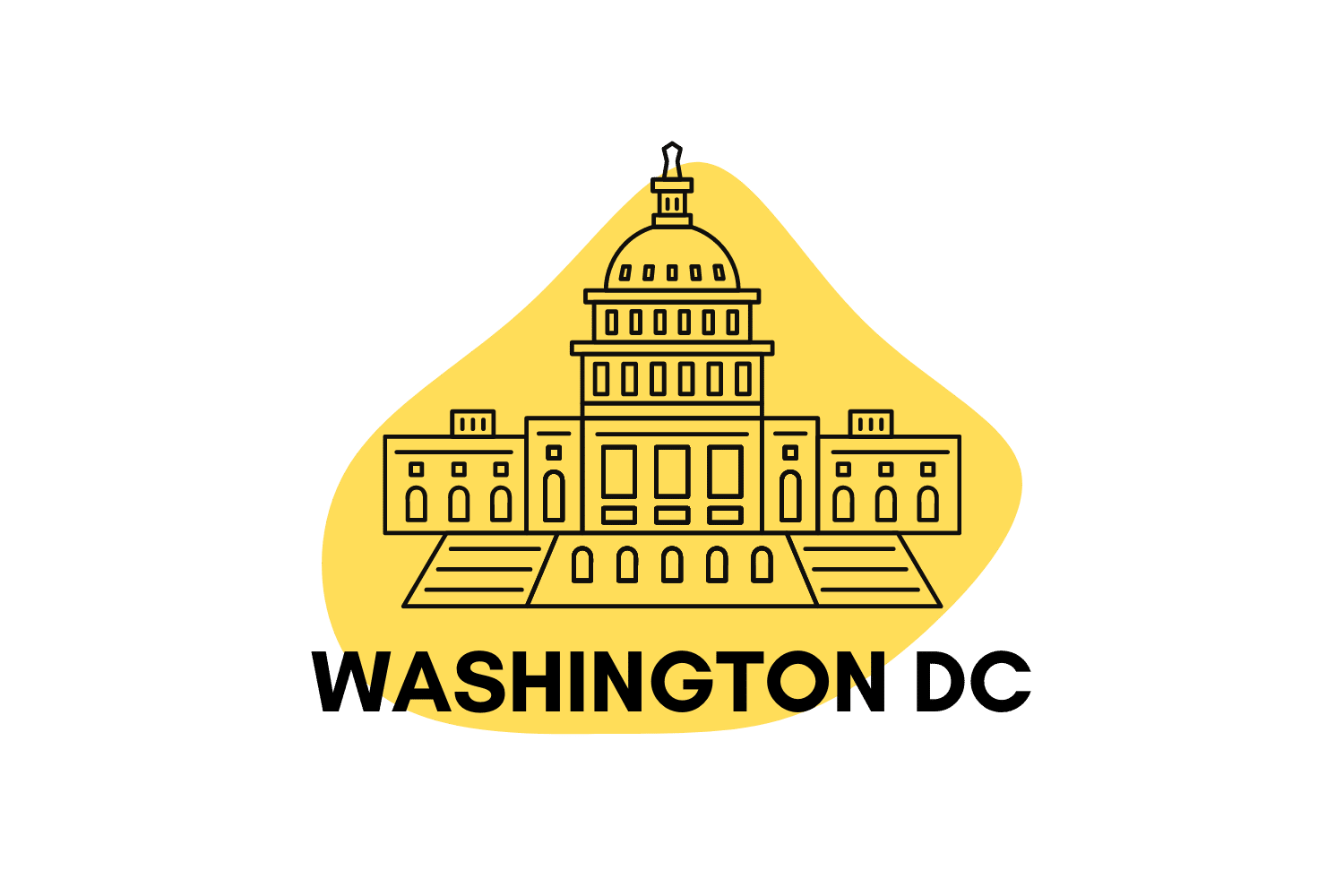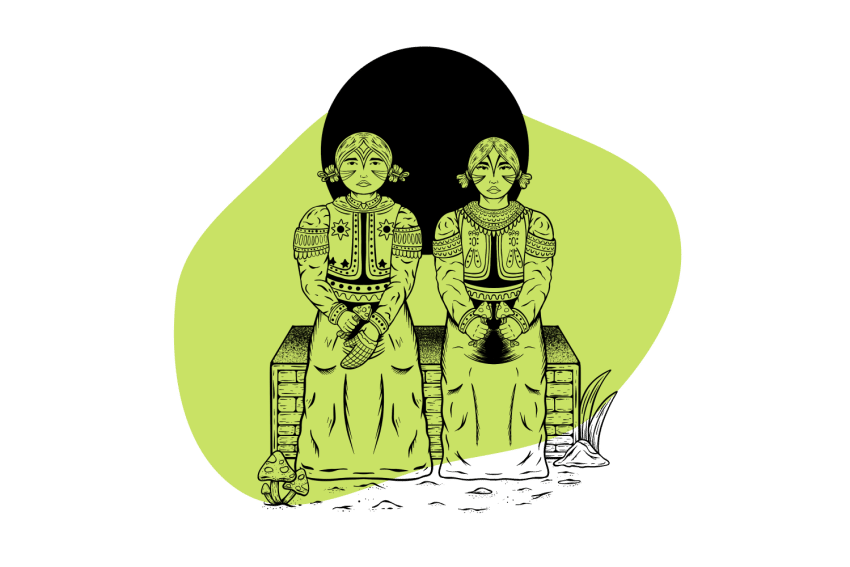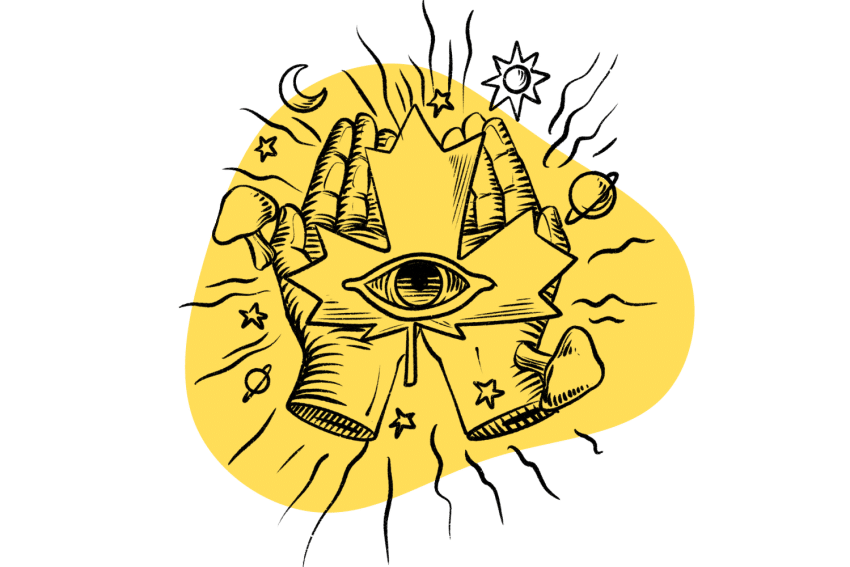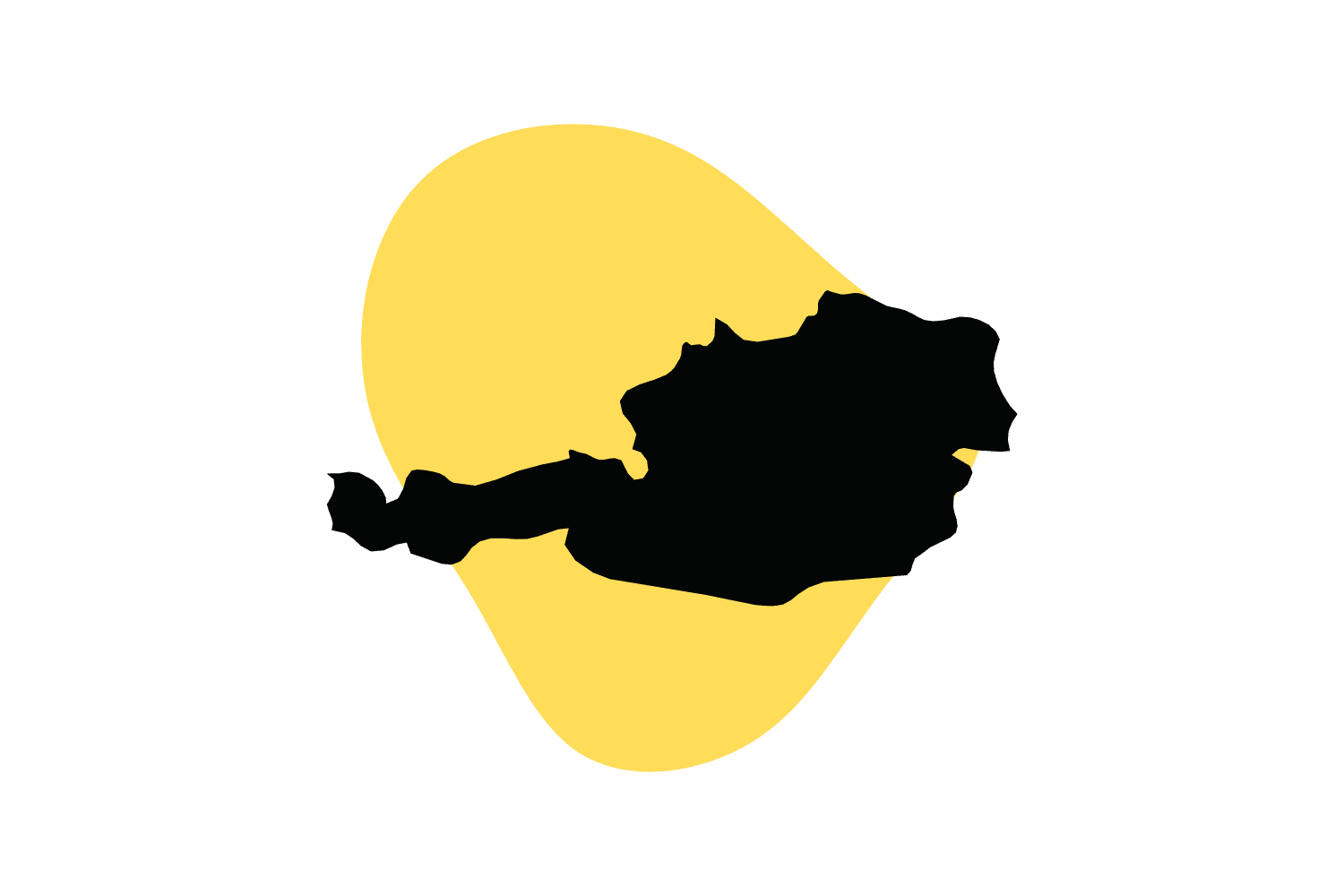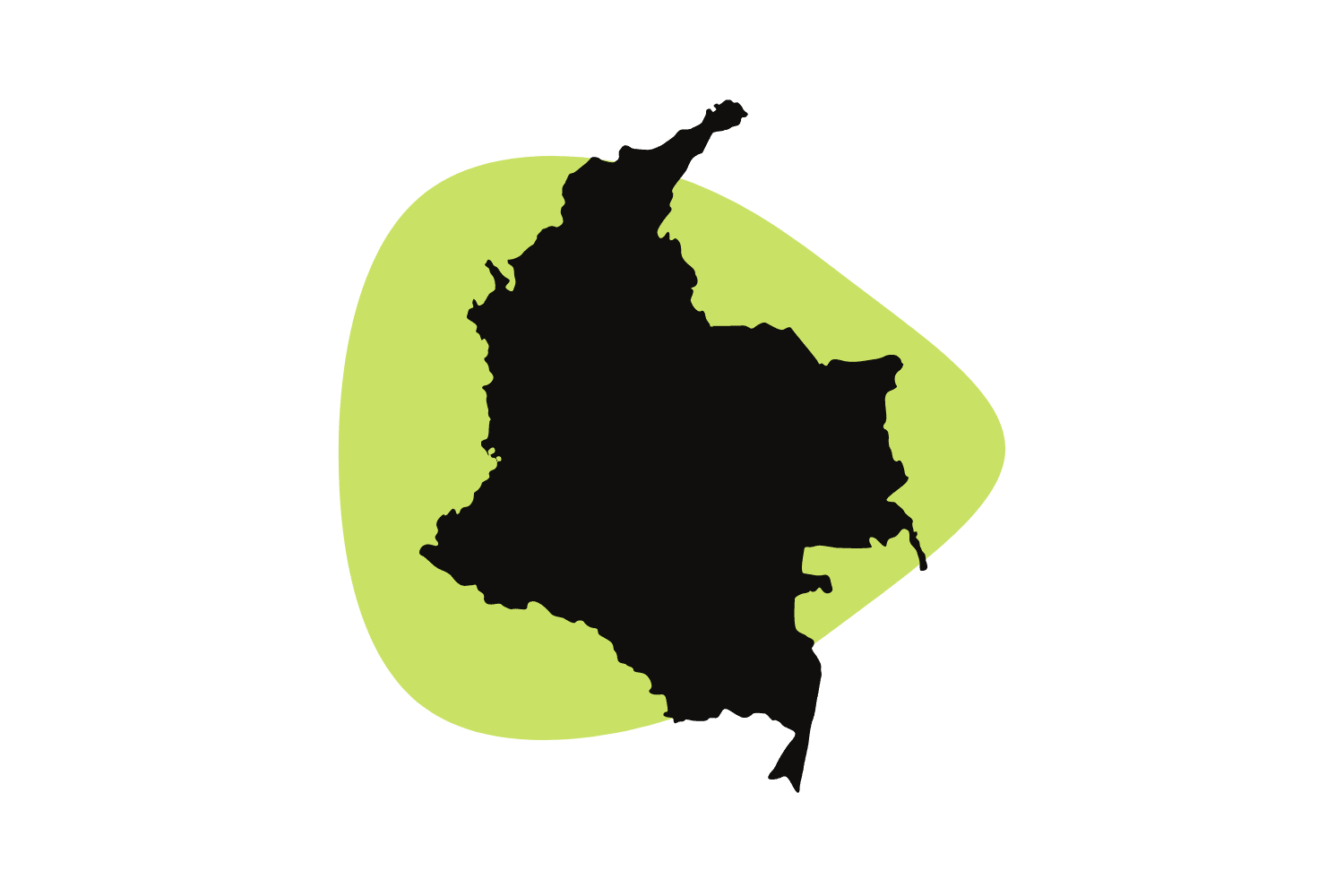Iowa & Psychedelics: What Are the Laws Now?
What’s better than sliced bread? 🍞 Sliced bread’s birthplace (yes, Iowa) decriminalizing psychedelics.
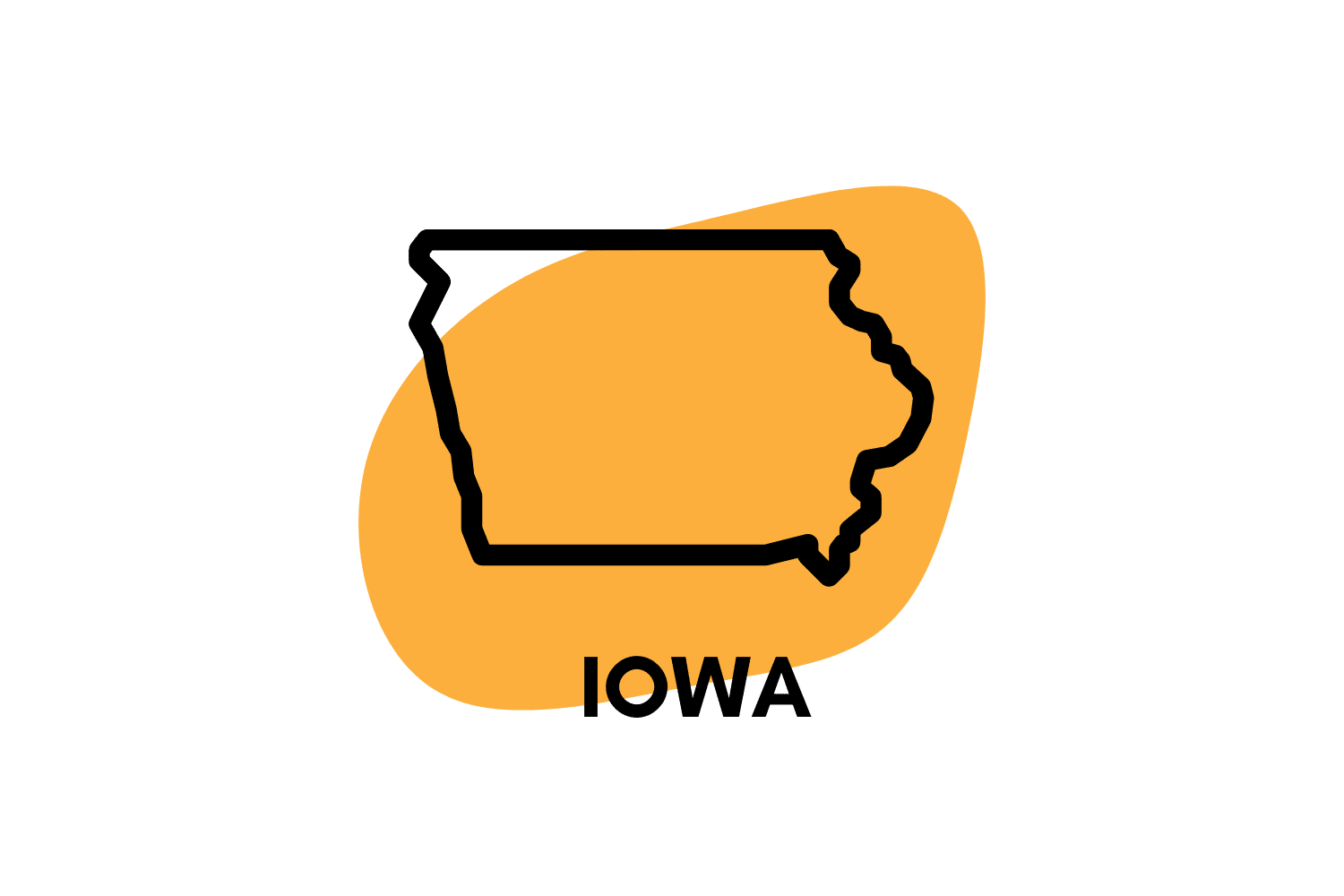
Magic mushrooms are famous for their hallucinogenic effects, but they also carry therapeutic potential. Unfortunately, they’re considered a Schedule I substance in Iowa, making them illegal. Lawmakers have tried to push for decriminalization, but the bills have failed. Despite that, it offers hope that changes could be around the corner.
The most common psychedelic substances, including LSD, MDMA, and ketamine, are also banned in Iowa, and the penalties are pretty harsh.
Following up, we’ll tell you everything you need to know about the legality of shrooms and other famous psychedelics in Iowa.
Summary: The State of Psychedelics in Iowa
- ❌ Iowa lawmakers have been unsuccessful in decriminalizing magic mushrooms — twice.
- 💊 Cannabis is legal for medical use only.
- ❌ All forms of psychedelics remain illegal in Iowa.
Are Magic Mushrooms Legal in Iowa?
No, magic mushrooms are illegal in Iowa.
According to Iowa Code Ann 124.203, psilocybin, the active constituent in magic mushrooms, is considered a Schedule I controlled substance. The penalties for possession are up to 10 years in prison and fines anywhere from $1000 to $50,000.
However, there’s a solid push to reverse this law. For example, in 2019, legislator Jeff Shipley introduced a bill to remove psilocybin from controlled substances, which unfortunately was rejected.
Map of Magic Mushroom Laws In the USA
Do Magic Mushrooms Grow Wild in Iowa?
You can find wild species of magic mushrooms throughout the state of Iowa — especially around forested areas and near farmers’ fields.
Psilocybin mushrooms are most abundant in areas with lots of humidity, cooler weather, and plenty of organic material like leaves, manure, and deadwood.
The most common psilocybin-containing mushroom species in Iowa include:
- Panaeolus cinctulus
- Psilocybe cubensis
- Gymnopilus luteus
What Are the Medicinal Uses of Shrooms?
More and more studies are published yearly, proving mushrooms’ benefits go well beyond providing a psychedelic trip [1].
First, psilocybin has been shown to stimulate the growth of new neural connections, temporarily suppress the default mode network (DMN), reverse neuroadaptive changes leading to drug cravings, and help regulate blood flow dysregulation leading to cluster headaches and other neurological disorders.
So far, evidence supports the use of magic mushrooms and the active ingredient, psilocybin, for conditions including post-traumatic stress disorder, treatment-resistant depression, existential anxiety, addiction, obsessive-compulsive disorder, and much more.
There’s evidence to suggest magic mushrooms may improve one’s ability to solve difficult problems and tap into deeper levels of creativity.

Is LSD Legal in Iowa?
LSD (lysergic acid diethylamide) is illegal throughout the US — including the state of Iowa.
In fact, Iowa is one of the strictest states in terms of how they punish the possession or trafficking of psychoactive substances.
If the police catch you with personal quantities of LSD (considered anything less than 10 grams of LSD), the penalties can include up to 25 years in prison and $5,000 – $100,000 in fines.
There are a handful of other lysergamide psychedelics related to LSD as well — none explicitly mentioned on the list of prohibited substances. While some believe this makes these compounds legal (grey area) — the Federal Analog Act is already in place to ban the sale of these substances due to their similarity to LSD.
Use at your own risk.
LSD analogs include LSZ, PRO-LAD, AL-LAD, ETH-LAD, ALD-52, and 1P-LSD.
Is MDMA Legal in Iowa?
MDMA, better known as molly or ecstasy, is illegal throughout the country. Iowa drug law considers this drug a Schedule I controlled substance with strict penalties.
Penalties for possessing MDMA go up to 10 years in jail and a fine of $1000 to $50,000, depending on the amount and your criminal record.
With that said, a push to legalize MDMA for clinical use is on the verge of approval in the United States. This would allow psychotherapists to use MDMA as part of their practice for treating PTSD. In the future, similar changes may allow practitioners to use MDMA for other forms of therapy, such as depression, addiction, and couples therapy.
This legal change would affect laws in all 50 states. However, each state will have the opportunity to ban new federal rulings. Based on the past track record of Iowa state law, it’s very likely the use of MDMA will be banned even if the FDA and federal government legalize MDMA-assisted therapy.
Is Ketamine Legal in Iowa?
Ketamine is legal for medical use throughout the United States. Its use is limited to anesthesia, treatment-resistant depression, and PTSD.
Like LSD, ketamine is also considered a Schedule III controlled substance, which means its penalties for possession outside the approved medical use can result in up to 1 year in prison and $2500 in fines.
What’s the Difference Between Legalization & Decriminalization
Legalization and decriminalization are often thrown around synonymously when discussing the topics of psychedelic drug laws — but the two terms are fundamentally different.
Decriminalization means that the penalties for a specific crime are considerably reduced but not eliminated.
On the other hand, legalization removes all legal consequences and often provides a legal context for a market. There are often still restrictions after legalization — such as age restrictions and maximum purchase quantities. Companies selling products and services in a legalized market are often highly regulated.
Key Takeaways: What’s the Future of Psychedelics in Iowa?
As you may have noticed, the drug laws in Iowa are tougher than average.
There has already been an attempt to decriminalize magic mushrooms within the state, but it’s been stalled for now. Nevertheless, interest in decriminalization is mounting in this conservative state.
While we don’t see Iowa being a pioneer state regarding legalization, we think there’s a chance that the authorities will consider updating their laws to match the changing sentiment appearing across the rest of the country by the year 2024.


